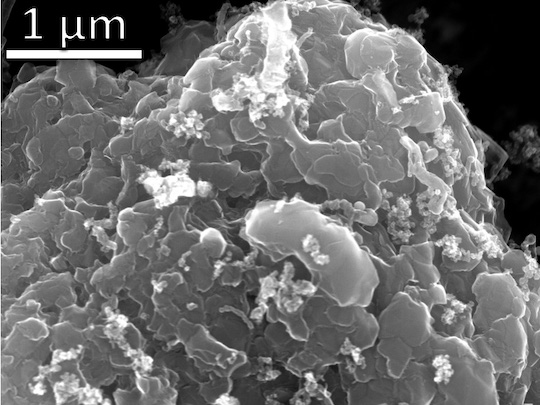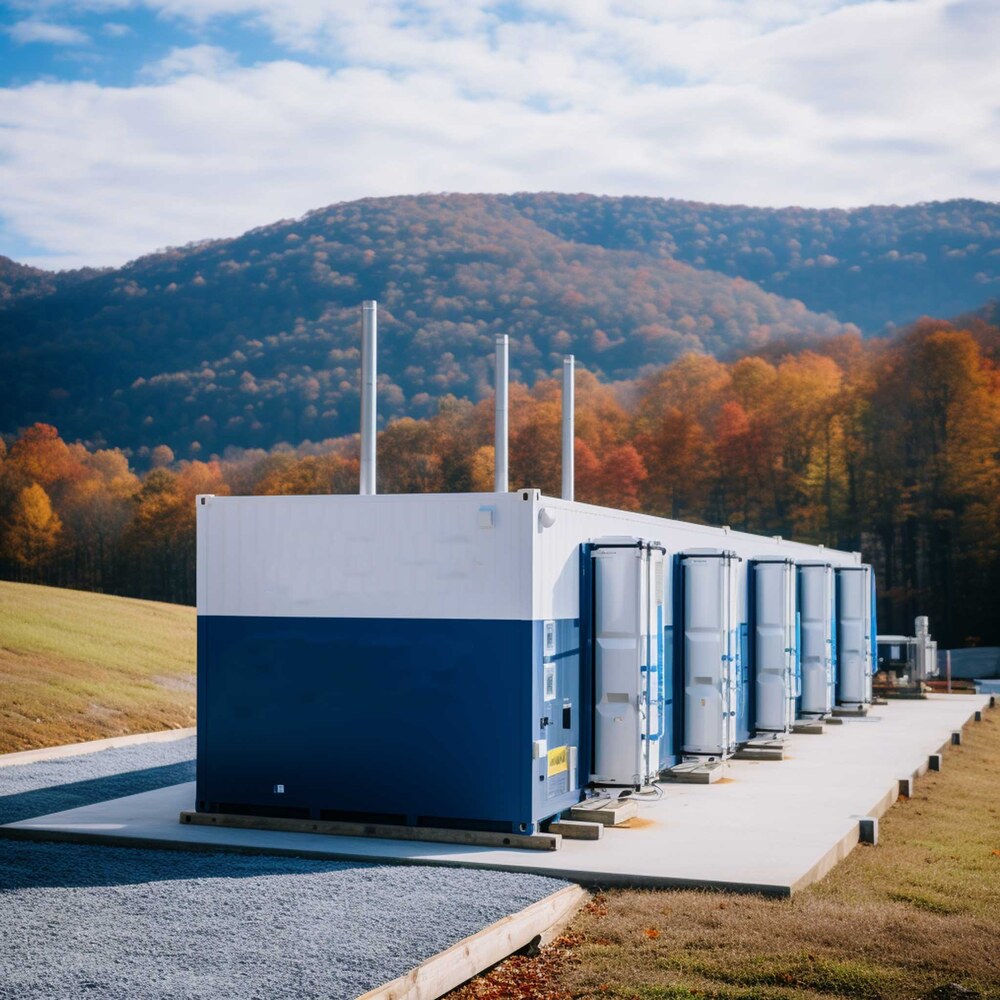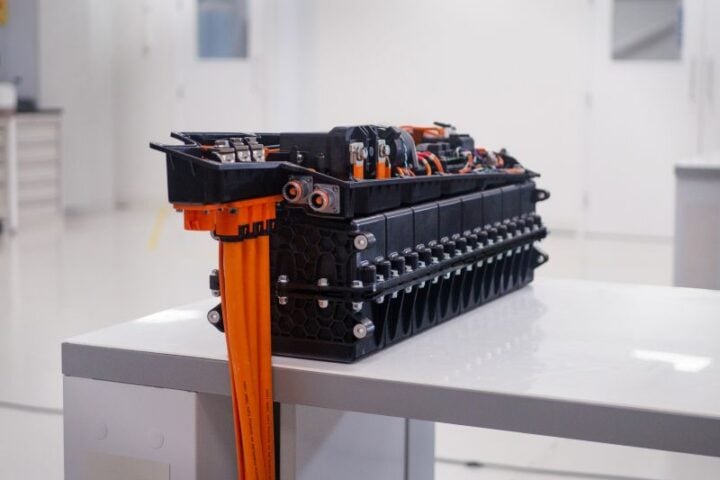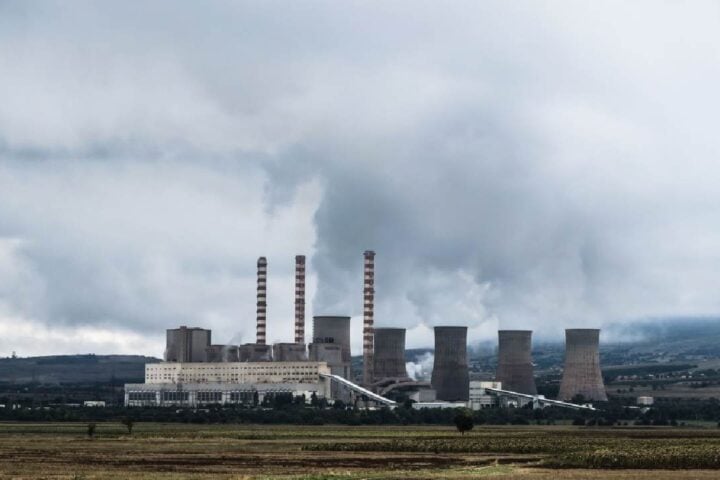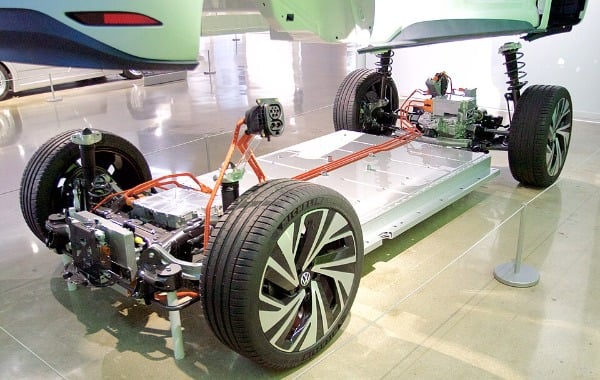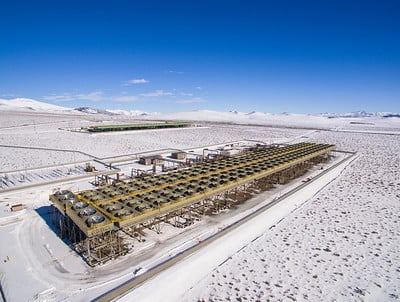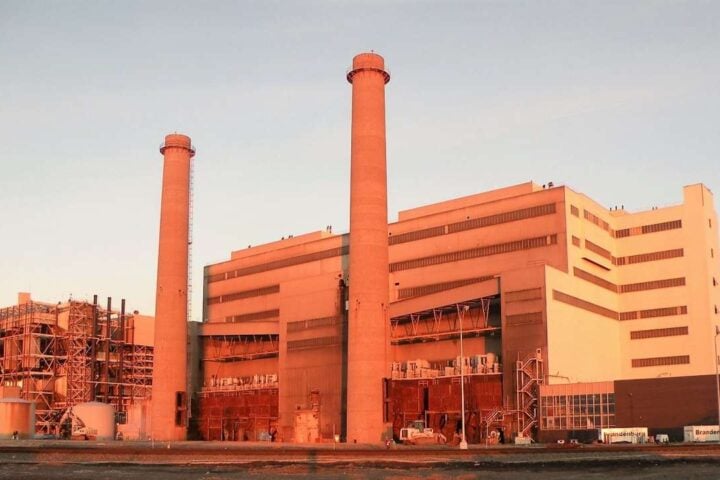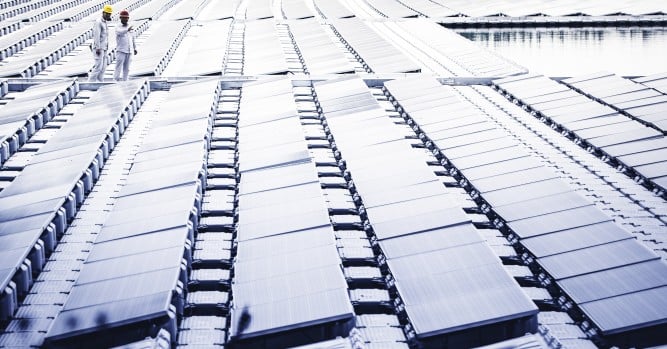Rice University’s latest research breakthrough is stirring waves in both the environmental and industrial sectors, offering a fresh perspective on tackling the persistent issues of plastic waste and clean energy production. By turning plastic waste into hydrogen, a clean fuel, and graphene, a high-value carbon material, the researchers are addressing the plastic pollution crisis and the growing demand for sustainable fuel alternatives.
Kevin Wyss, the study’s lead author, shared his excitement about the process’s potential: “Converting waste plastics into high-yield hydrogen gas and high-value graphene is a game-changer. Imagine, if we sell the graphene at just 5% of its market value, we’re looking at the cost-free production of clean hydrogen.”
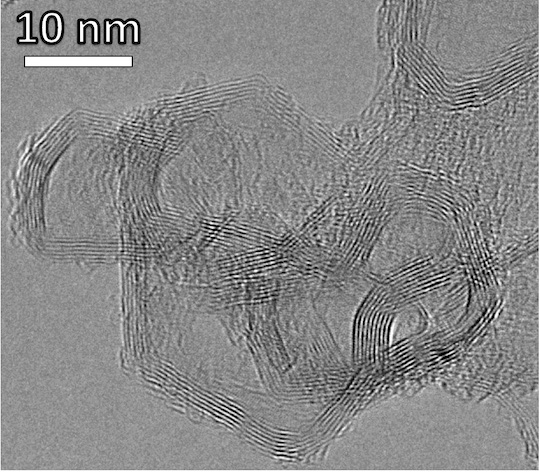
This innovation isn’t just about economics; it’s a leap toward a cleaner planet. Traditional hydrogen production, often labeled as ‘gray’ hydrogen, relies heavily on fossil fuels, contributing to CO2 emissions. In contrast, the team’s method, known as flash Joule heating, is a beacon for ‘green’ hydrogen production, emitting no CO2 and standing out as a potentially viable economic alternative.
James Tour, a guiding force in the research, pointed out the urgency of finding alternative hydrogen production methods. “With hydrogen demand set to explode, we can’t afford to stick to the old ways. This method is a step forward in reaching net-zero emissions by 2050,” he remarked.
Similar Posts
But Rice University‘s research isn’t the first venture into transforming plastic waste into valuable resources. A study by the University of Oxford also explored a similar territory, using a new type of catalysis that employs microwaves to convert plastic waste into hydrogen and solid carbon. This method, too, promises a significant reduction in plastic pollution and a move toward sustainable fuel options.
The global backdrop to these scientific advances is dire; plastic pollution is choking our planet, with millions of tons of plastic waste generated annually. Meanwhile, the hydrogen industry is booming, with over 90 million tonnes used globally each year, primarily produced via methods that harm the environment.
These innovative approaches are more than just scientific curiosity; they’re a response to a global cry for sustainable solutions. As we wade through the repercussions of climate change and face the reality of plastic waste inundating our environments, these scientific endeavors represent hope. They’re not just about turning trash to treasure; they’re about safeguarding our planet’s future.
In the words of Wyss, “This work could solve major environmental problems like plastic pollution and the greenhouse gas-intensive production of hydrogen.” It’s not just science; it’s a vision for a cleaner, greener future.
